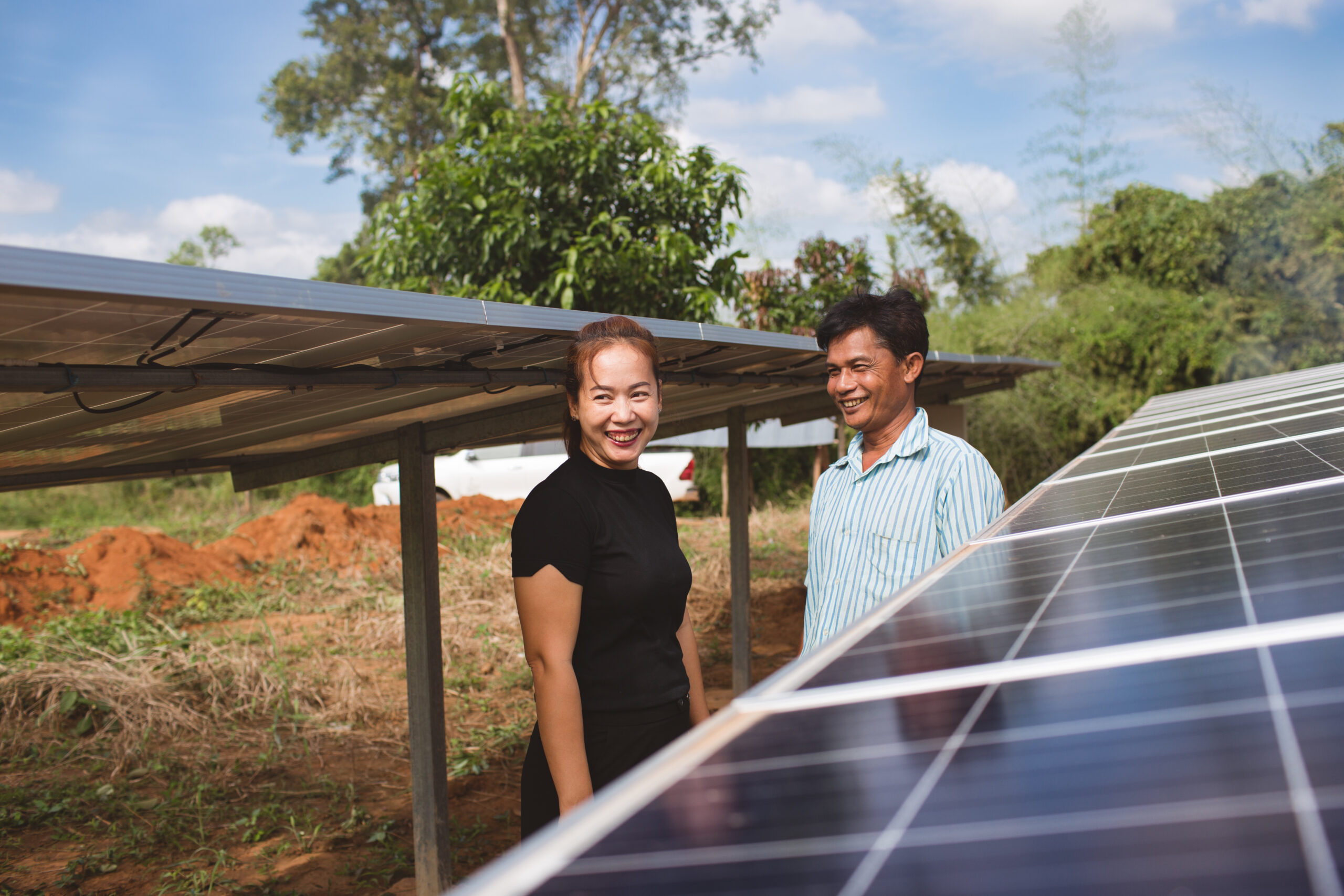
Approaching a milestone: USD 2 billion of investment leveraged by PFAN-supported projects
Since 2006, the Private Financing Advisory Network (PFAN) has bridged the gap between project developers and investors by supporting entrepreneurs to develop bankable projects, mitigating investor risk and mainstreaming investments in low carbon, climate-resilient projects for sustainable development.
This is implemented by the PFAN global network, which consists of more than 130 locally-based clean energy and climate financing experts, advising low-carbon, climate-resilient businesses in emerging economies and matching projects to appropriate private financing.
We are approaching a significant milestone of USD 2 billion of investment leveraged by PFAN-supported projects. To celebrate this remarkable achievement and to reflect on this remarkable journey, PFAN hosted a side event at the Vienna Energy Forum on 7 July, ‘PFAN Journey – celebrating the USD 2 billion milestone and where to go from here’.
The virtual event celebrated the achievements and reflected on the future positioning of PFAN in a fast-evolving market. The panel consisted of people who have followed PFAN and its evolution and have a view on where it can add value in the future.
Moderated by UNIDO’s Patrick Nussbaumer, a key stakeholders’ group of PFAN Advisors, Project Developers, Investors and Donors combined their expertise in a lively discussion which used their insights as input for the future shaping of PFAN to ensure its relevance and increase its impact.
UNIDO’s Director General, LI Yong shared his remarks on the achievement, “We are proud to announce that we are on track with the key scale-up targets we had set ourselves – a three-fold increase in the number of projects reaching financial close and the amount of investment leveraged. This achievement is largely thanks to the continued support of committed government and agencies. I wish to acknowledge the contribution received over the years from Australia, Austria, Japan, Norway, Sweden, the United States and Kigali Cooling Efficiency programme. We look forward to working with you to expand PFAN and to invite other donors to join us. I am confident that we can celebrate the next milestone of USD 3 billion very soon.”
Mette Møglestue from the Norwegian Ministry of Foreign Affairs explained the challenges Norway faced as a donor. “In many initiatives, we struggle to manage to get the private sector policies to work, to find the role of the UN, the donor community and the private sector and how to cooperate in a way that actually helps the private sector to move forward.” She said the added value PFAN brings to Norway as a funding partner is the “…actual results and cooperation with the private sector. PFAN is very cheap and has a very low budget for operations compared to the mobilised investment from the private sector. We would need PFAN for quite a long time.”
When asked about PFAN added value for investors, Winnie Odhiambo from Developing World Markets stated that “Investors may not necessarily have the right time and resources internally to prepare start-ups or companies that are operating in the renewable energy space. PFAN plays a fantastic role of bridging that gap between being investor-ready and actually having the investment deployed in these businesses that are addressing climate change.”
The USD 2 billion investment leveraged would have not been possible without the PFAN team members. We held a virtual cocktail party for the PFAN global network right after the fruitful side event to celebrate this success further. The event was an excellent way of connecting, collaborating and learning, especially as 23 new financing experts joined us in 2020, bringing the total up to 141 PFAN Advisors in 52 countries around the world. We are very proud of what we have accomplished together so far, and we still have the ambition to further grow PFAN and continue our journey to increase transformative impacts, scale up clean energy and climate projects and businesses, grow our global network, expand to new countries and build more meaningful partnerships.